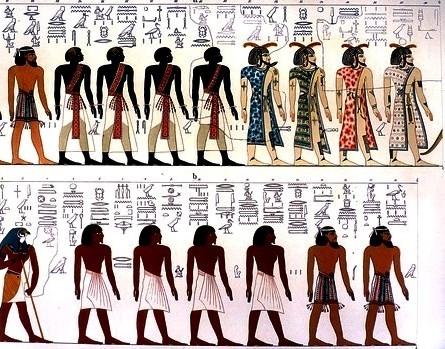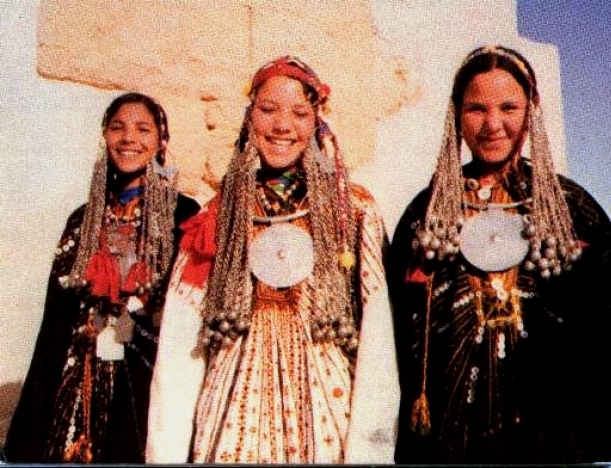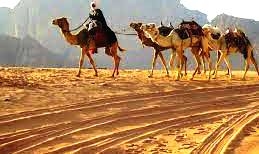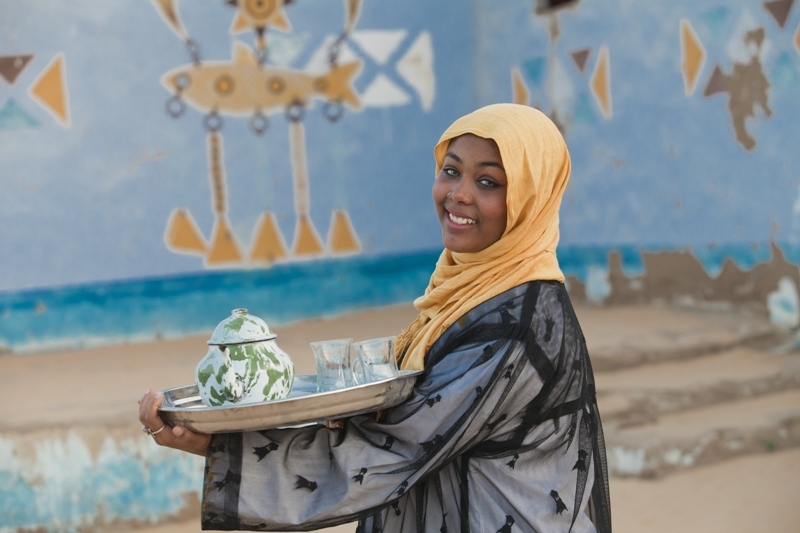While the Western world values progress, the Egyptian people often look back to a utopian past when the four caliphs brought prosperity, justice, and true faith to their land. By embracing and appreciating the customs and beliefs of the locals, visitors can gain a profound understanding and admiration for the beauty and intricacies of this ancient culture.
Egypt, a country known for its rich history and cultural heritage, is home to a diverse population. While the majority of the Egyptian people identify themselves as ethnic Egyptians, a significant portion belongs to various minority groups. In this article, we will explore the diverse ethnic makeup of Egypt, highlighting the presence of Turks, Greeks, Berbers, Bedouins, and Nubians within the country.

Ethnic Egyptians:
Ethnic Egyptian people make up around 90% of Egypt's population. They are descendants of the ancient Egyptians, with a unique blend of indigenous North African, Arab, and African influences. The Egyptian culture, language (Arabic), and traditions are deeply rooted in this ethnic group, shaping the identity of the nation as a whole.
Turks:
The Turkish community in Egypt traces its roots back to the Ottoman era when Egypt was under Ottoman rule. Although their numbers are relatively small, they have made valuable contributions to Egyptian society, particularly in the fields of art, music, and commerce. The Turkish community has managed to preserve its distinct cultural heritage while embracing the Egyptian way of life.
Greeks:
The Greek community in Egypt has a long and fascinating history that dates back to the time of Alexander the Great and the Ptolemaic dynasty. Over the centuries, Greeks migrated to Egypt for various reasons, including trade and employment opportunities. Today, though their numbers have significantly decreased, the Greek community continues to maintain its vibrant cultural traditions, including language, cuisine, and religious practices.

Berbers:
Berbers, or Amazighs, are indigenous communities found across North Africa, including Egypt. While their presence in Egypt is relatively small, they have a unique cultural identity and contribute to the country's diversity. The Berber communities in Egypt have managed to preserve their language, customs, and traditional arts, enriching the cultural fabric of the nation.

Bedouins:
The Bedouin population in Egypt represents a distinct ethnic group with a nomadic lifestyle that spans across the deserts of Egypt and neighboring countries. Known for their deep connection with the land and their traditions, the Bedouins have played an important role in Egypt's history. Today, many Bedouins have settled in specific areas, contributing to the local economies and sharing their rich cultural traditions.

Nubians:
The Nubian population, concentrated in the southern region of Egypt, has a distinct cultural heritage that predates ancient Egyptian civilization. With their own language, customs, and architectural style, the Nubians have managed to preserve their unique identity despite challenges faced throughout history. Nubian traditions, such as music, dance, and craftsmanship, continue to thrive and attract visitors from around the world.
Egypt's ethnic diversity is a testament to its vibrant history and the blending of various cultures over thousands of years. While ethnic Egyptians form the majority, minority communities such as Turks, Greeks, Berbers, Bedouins, and Nubians contribute to the rich tapestry of Egyptian society. Embracing these diverse ethnicities allows Egypt to celebrate its multicultural heritage and foster a sense of unity among its people.
Famous Egyptian People:
Egypt, a land known for its rich religious devotion, never fails to leave a lasting impression on its visitors. With a staggering 85-90% of the population identifying as followers of Islam, predominantly Sunni, and 10-15% as Christians, specifically members of the revered Coptic Church, the religious landscape of Egypt is truly diverse and awe-inspiring.
However, amidst this profound piety, there exists a delightful love for pranks and an unmatched sense of humor that rivals even the most devout. Egyptian people have an incredible ability to find humor in the smallest of things, often utilizing political jokes that are both audacious and cutting. Laughter is a constant companion in the lives of the Egyptian people, serving as a means of finding solace and joy amidst the challenges of everyday life.
While Egypt's spiritual and comedic inclinations are widely celebrated, it is also worth noting the significant contributions that its citizens have made on the global stage. The nation boasts an impressive tally of four Nobel Prize winners. Naguib Mahfouz, a literary luminary, was awarded the Nobel Prize for Literature, while Anwar Sadat and Mohamed ElBaradei were bestowed with the prestigious Nobel Peace Prizes. Additionally, Ahmed Zewail, a distinguished chemist, was recognized for his outstanding contributions to the field. Anwar Sadat, the third President of Egypt, holds the distinction of being the first Egyptian to receive the Nobel Prize in 1978.
Egypt, a land of deep faith, boundless humor, and remarkable achievements, continues to captivate the hearts and minds of those fortunate enough to experience its vibrant culture firsthand.
What to know about Egyptians:
Egypt, a youthful society, has an average population age of 24.6 years in 2020.
At the age of 18, Egyptians reach the age of majority, allowing them to vote in elections and obtain a driver's license.
However, illiteracy remains a challenge, with a rate of 71.17% for individuals over the age of 15.
Egyptian people do not have surnames in the traditional sense; instead, they inherit their father's, grandfather's, and even great-grandfather's names, resulting in 4 or 5 names on official documents.
Football holds a special place in the hearts of Egyptians, with the national soccer team being the most successful in Africa, having won the African Cup of Nations seven times.
Despite the country's imperfections, Egyptians take great pride in their homeland, showcasing their patriotism and resilience.
The people of Egypt are known for their personal charm, displaying sensitivity, kindness, and a strong sense of hospitality.
This warmth extends to visitors, making Egypt a friendly and inviting destination.